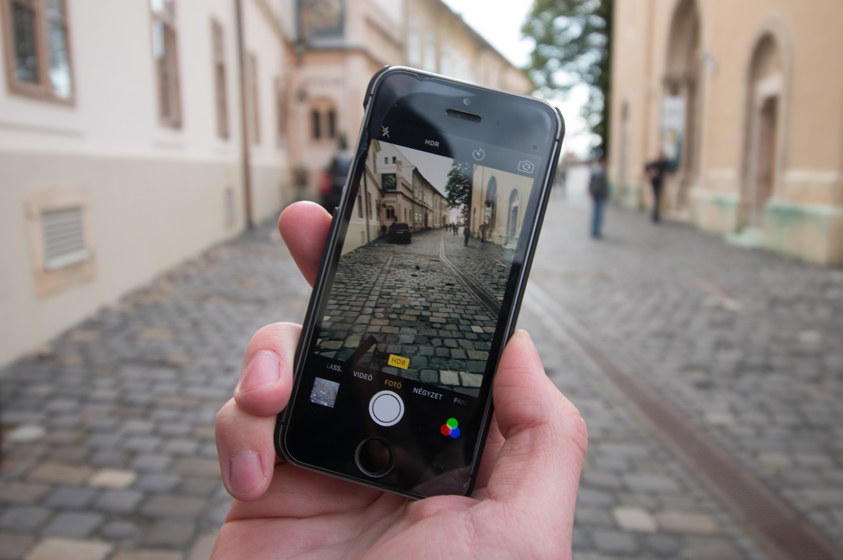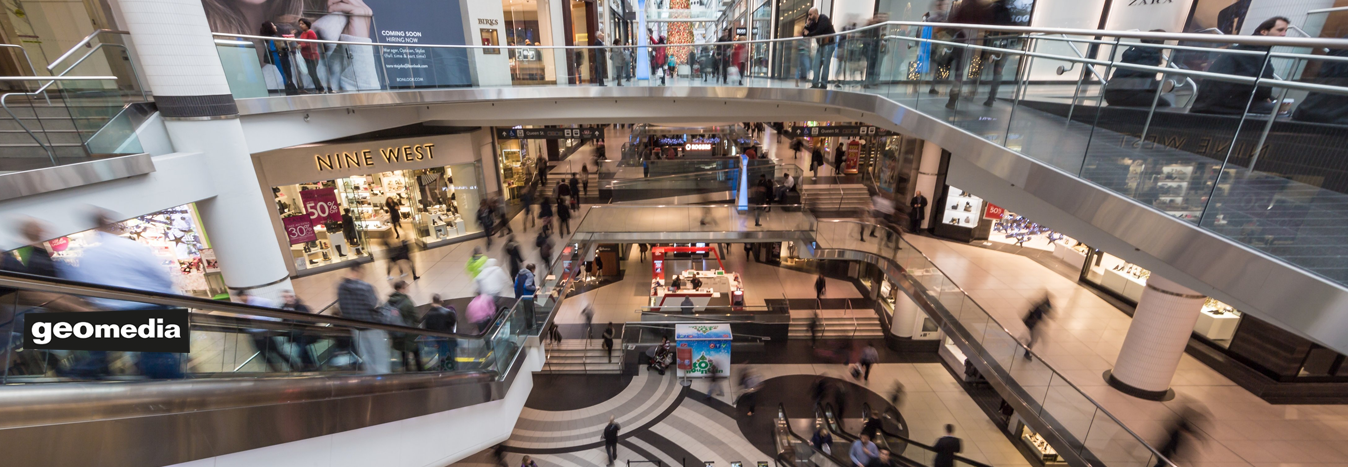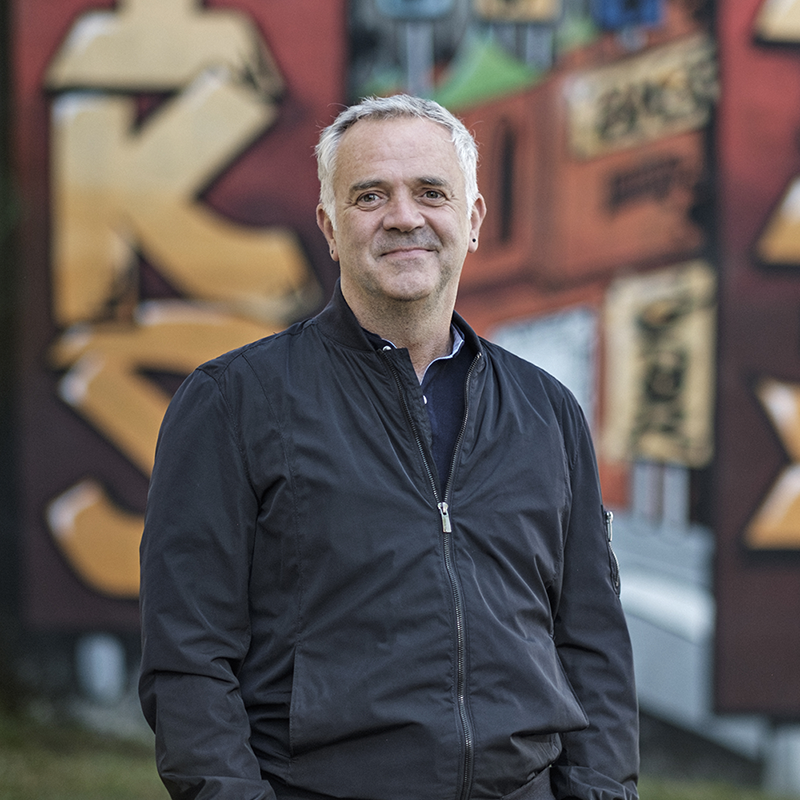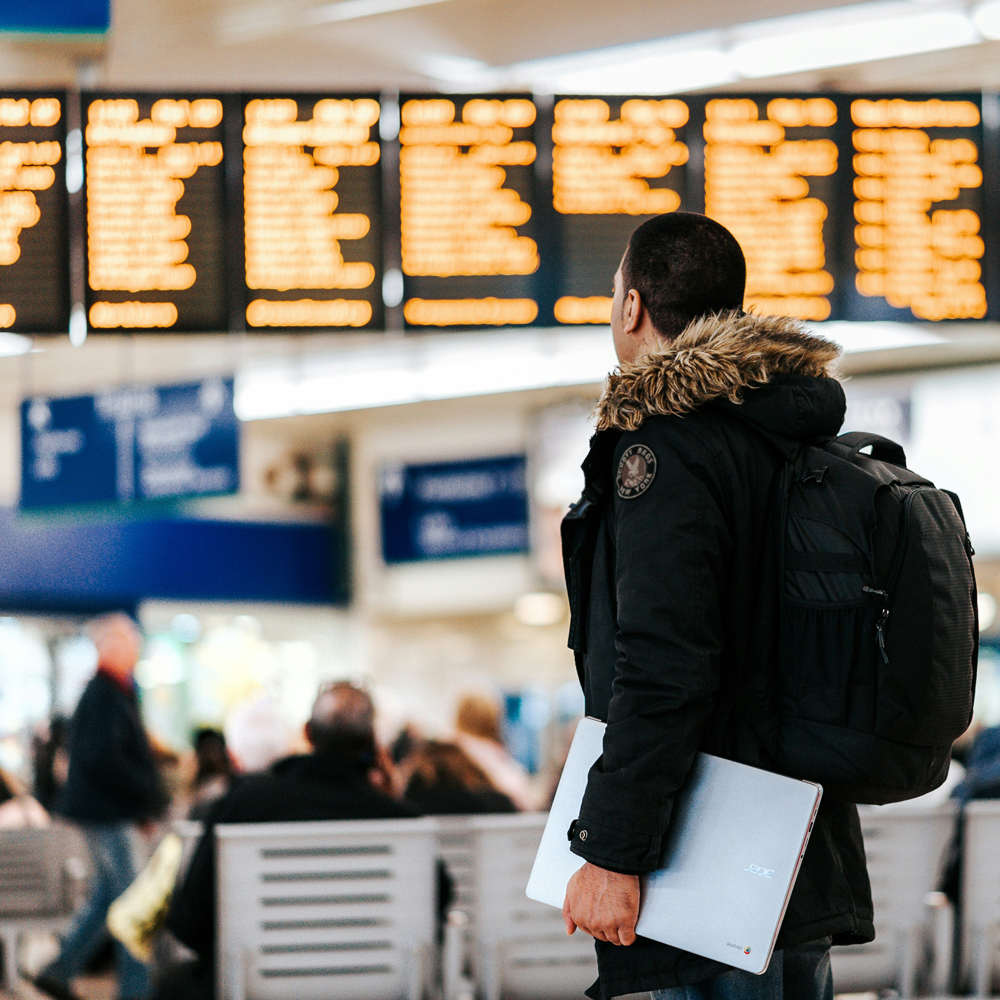News
-
2026-02-06
Welcome to Geomedia Ana Jorge, Lusófona University
Ana, what is the reason for your visit to Karlstad University and Geomedia?
– When FCT, the Portuguese research agency, presented an exceptional scheme with funds EC’s Recovery and Resilience Plan for mobility abroad, I immediately thought of Geomedia to finish working on the project’s book, and find a stimulating intellectual environment to develop my research further. I had worked with André Jansson in 2023-24, who worked as an external advisor to our funded project On&Off, and I was looking for further dialogue with Karin Fast and Mats Nilsson.
-
2025-12-22
Mediatisation in focus: Karlstad University leads unique long-term study
The collection of data in the project Measuring Mediatisation continues on 1 January 2026.
– A time series covering the period 2017–2030 will give a unique insight into how our lives are affected by different forms of mediatisation and digitalisation, says André Jansson at Karlstad University.André Jansson, professor of media and communication studies, and director of the Centre for Geomedia Studies, where the project is based, how would you define “mediatisation”, and why is it important that we measure it?
– Mediatisation is about how we adapt and shape our lives in relation to media and also how organisations and institutions, such as political institutions and the business sector, adapt their operations to how media work. It can involve new technical solutions as well as different genres and formats.
-
2025-10-30
Welcome Crispin Thurlow, new Ander Visiting Professor at Karlstad University
Crispin Thurlow, Professor of Language and Communication at the University of Bern, Switzerland, is the new Ander Visiting Professor at Centre for Geomedia Studies.
Crispin, tell us about your background
-
2025-09-19
Transforming Passions – The Geomedia Conference That Unites Research, Place, and Passion
During three intensive days in September, researchers from around the world gathered at Karlstad University to participate in the international geomedia conference Transforming Passions. This year marks the conference’s tenth anniversary, and interest in geomedia as a research field continues to grow.
– It’s fantastic to see how engaged and joyful everyone is, says Georgia Aitaki, Senior Lecturer in Media and Communications and Conference Director.
– We’re celebrating ten years, and it truly feels like a reunion. At the same time, we have many new faces here, which brings a sense of renewal.
The conference is more than an academic forum—it’s a space for exchanging ideas, building community, and finding inspiration. Film screenings, panel discussions, and parallel research sessions create a dynamic environment where passion for research takes center stage.
-
2025-05-19
The Geomedia Day 2025
On May 15, 2025, the annual Geomedia Day was held at Elite Stadshotellet in Karlstad. A full day of insightful discussions, research presentations and creative collaboration.
André Jansson opened the event with a welcome address, followed by an update on the upcoming 2025 Geomedia conference from Georgia Aitaki.
The morning continued with a workshop session focusing on the Geomedia Panel data. The session was divided into three parts: an introduction to the interview data by Karin Fast; group work with some of the collected material, and a joint discussion around key themes.
After lunch, four researchers presented reflections based on their ongoing research under the headline “Geomedia Temporalities and Futures”:
-
2025-05-12
Research project wants to create sustainable rural ecosystems through place design
- With this project, we want to help lay the foundation for an ecosystem that supports collaboration between industries and sectors. The objective is to create synergies and boost the competitive edge of the companies and the appeal of rural locations, says Lotta Braunerhielm, docent in Human Geography at Karlstad University.
Lotta Braunerhielm, please tell us about the project







